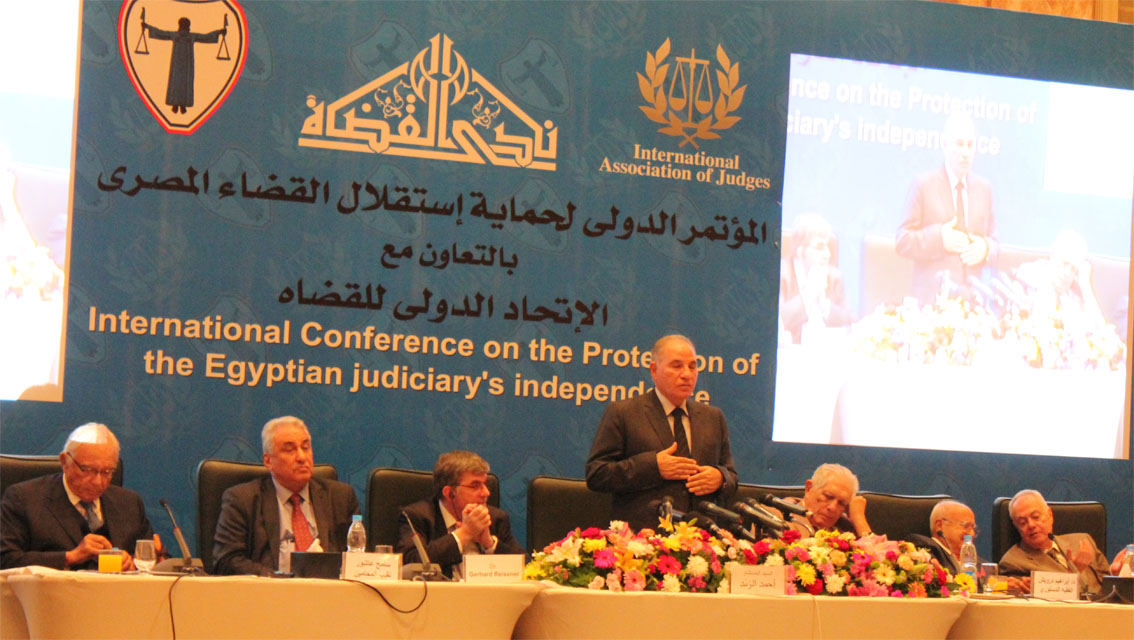Malnutrition among Egyptian adolescents remains a pressing public health issue, driven largely by unhealthy lifestyle choices, according to a new study published Friday in the Egyptian Pediatric Association Gazette.
The nationwide study—one of the largest of its kind—surveyed 4,064 adolescents aged 10 to 14 across 11 governorates. Researchers collected extensive data on the participants’ body measurements, dietary patterns, and daily routines.
Findings revealed a troubling picture: 18.4% of adolescents were stunted, 4.8% were underweight or wasted, and a striking 37.5% were classified as overweight or obese.
The study identified clear links between specific lifestyle habits and nutritional outcomes. Late-night snacking, frequent consumption of fried potatoes, and excessive screen time were significantly associated with a higher risk of obesity.
Conversely, adolescents who regularly consumed vegetables and nuts were less likely to suffer from wasting, while a diet rich in milk and dairy products was linked to lower rates of stunting.
Social factors also appeared to influence nutritional health. Girls and adolescents with unemployed fathers were more likely to experience stunting, the study noted.
“Our findings show that unhealthy lifestyle patterns—including poor dietary habits and low physical activity—have a profound effect on adolescent health in Egypt,” said Nehal El-Koofy, the study’s lead author. “It’s critical to raise awareness among families and communities about the importance of healthy eating and regular exercise.”
The authors called for the introduction of targeted health education programmes for both adolescents and their families, promoting balanced diets and active lifestyles. They also emphasized the need for schools to provide nutritious meals and foster environments that support physical activity.
The study underscores the urgent need for a coordinated national response to tackle adolescent malnutrition—an investment in the health and potential of Egypt’s next generation.




